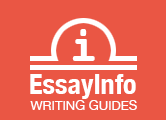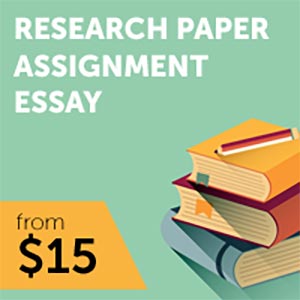On October 15, 2002, in its attempt to combat plagiarism, the Dalhousie University Senate announced that they had contracted TurnItIn.com, an American web-based company, to check digital copies of student papers against a database of essays. This decision arose out of a new policy set at the Senate's June 24 meeting. The TurnItIn.com database will be composed of, among other things, papers submitted by Dalhousie University and University of King's College students.
Before I get into the evils of an inherently flawed and insecure web-based system, I'd like to discuss Dalhousie's current anti-plagiarism process. It doesn't work - because the professors don't like it. Professors have told me the current system is so adversarial that it reflects badly on them as well as on the students involved. So, will making more work for the professors really work in the fight against plagiarism?
When the University announced the new policy, I took it upon myself to present my concerns with the system to the Dalhousie Senate, the King's College Administration, and the owners of TurnItIn.com, and iParadigms. The major issues involved are copyright and publishing rights, privacy rights, and the prospect of private institutions profiting from papers written for academic credit. Dalhousie University does not have an intellectual property bylaw that restricts authorial rights; therefore, authors of academic papers retain full copyright and publishing authority. By requiring students to hand in copies of essays on disk so as to check them against the database, Dalhousie is undermining these rights. This process ignores the rights of students to control how their papers are used, and who sees their work.
By using TurnItIn.com's system, the Dalhousie Administration has created the possibility for abuse of student's personal information. Students, as authors, should be the only ones who determine how their intellectual property is distributed.
TurnItIn.com will be making a profit based, in part, on how many papers and essays exist in its database. The more papers the system contains, the better it will appear to other schools considering implementing the service. Do we really want a private company profiting from our efforts?
Steven Berger, the President of iParadigms, King's Registrar Elizabeth Yeo, and Vice President Elizabeth Edwards all replied to me within about 48 hours of recieving my e-mail. Yeo and Edwards both said further action was being taken to look into the matter, and that I should await further information. That was on October 22. Unfortunately, this information has not been forthcoming over the past month.
I was pleasantly surprised by Steven Berger's reply. He assured me that TurnItIn.com was working on changing their privacy pledge to make it more comprehensive. It's now a month later, and I'm sorry to report that the changes in wording and content made to the TurnItIn.com privacy pledge are totally ineffective. It still doesn't apply to Canadians - the American laws that they quote as setting their standards of behavior do not protect non-American residents.
The privacy pledge begins: "This approval includes, but is not limited to..." This says that they're willing to tell you some of the ways they've limited your privacy, but not all of them. One would assume that some Dalhousie employee read the whole contract at some point, but that doesn't make me feel any better about it. But then, even some of the ways they are willing to say they'll violate your privacy are bad enough.
First of all, say somehow, someone at Columbia University wrote a paper that shared a few lines with something you wrote. We don't know how much it has to match exactly to be called plagiarism - TurnItIn.com won't tell us. What they do at this point is quite simple. They give the name and contact information of the original writer to the user who submitted the newer essay. But if my intellectual property has somehow ended up across the continent, the last thing I want is my phone number ending up in the same place. It makes more sense to contact the owner of the copyright; it's their property, and should consequently be their decision about how to proceed. In this example, the professors at Columbia need only know that the paper is copied, not exactly where it came from.
I recommend that students refuse to hand in digital copies of papers, or mark "® ©" on the bottom of each page to ensure it is copyrighted. Let the University know that you're protecting your rights to your intellectual property. Let TurnItIn.com buy our papers from us, if they're going to be making a profit from them.
Plagiarism is a problem, but TurnItIn.com only makes it worse. Administrators and professors should not be trying to find a technological solution to a social problem. Enforce the rules we have now: ask students for editing drafts and research notes. Local problems need local solutions - ones that won't cost money, affect privacy rights, or make corporate assets out of academic papers.

